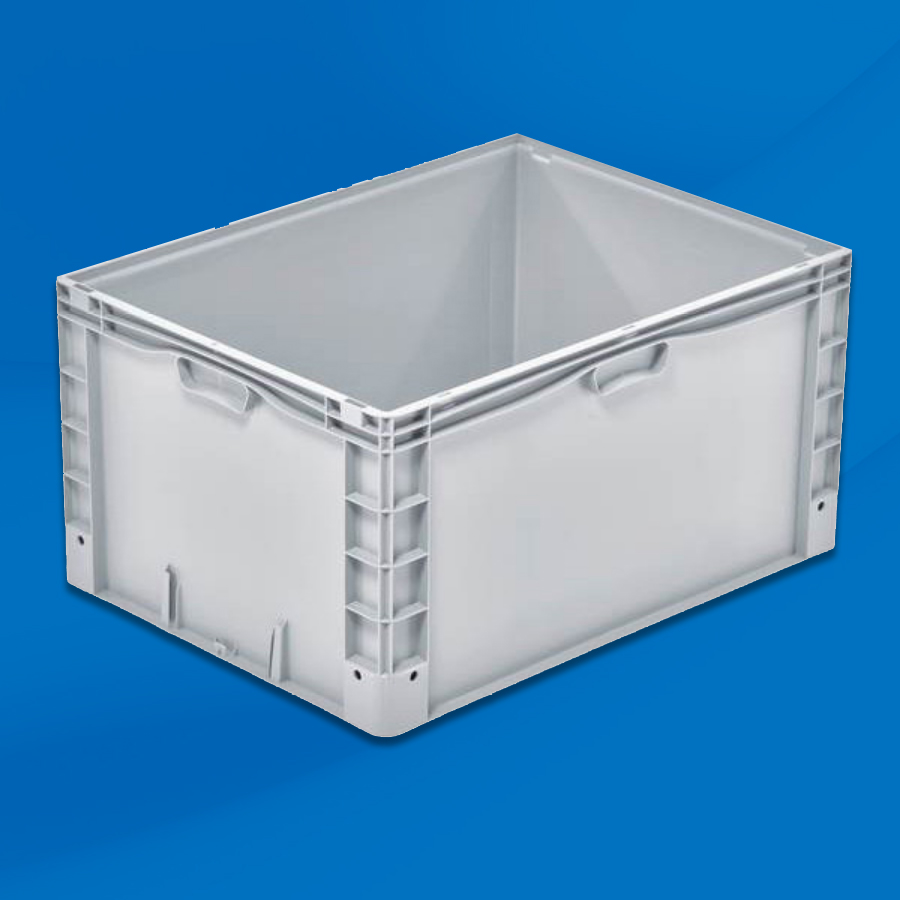Sustainability Satisfies Price: Bulk Used Plastic Containers for Sale
Wiki Article
Maximize Your Recycling Influence by Recycling Used Plastic Containers
In the pursuit of lasting living methods, the relevance of recycling has become increasingly noticeable. Nevertheless, the impact of reusing can be further magnified by incorporating the practice of reusing made use of plastic containers. When taking into consideration the environmental ramifications and source preservation advantages, reusing plastic containers supplies a effective and sensible means to reduce waste. By exploring the different ways in which these containers can be repurposed, one not just adds to a cleaner earth but likewise take advantage of a realm of imagination and ingenuity. The opportunities are substantial, and the advantages are significant, making the venture of making best use of recycling effect via recycling plastic containers a fascinating and beneficial method to check out.Benefits of Reusing Plastic Containers
Recycling plastic containers not just reduces waste but additionally contributes substantially to ecological sustainability. By deciding to reuse plastic containers as opposed to discarding them after a single use, people can play an essential function in minimizing the need for brand-new plastic production. This technique straight converts to a reduction in the consumption of resources, energy, and sources needed for manufacturing new containers.
Additionally, reusing plastic containers helps in lowering the volume of plastic waste that finishes up in landfills or contaminates our seas and natural habitats. Plastic air pollution is a pressing worldwide issue, and by prolonging the life-span of plastic containers through reuse, we can alleviate the damaging influence on the setting. Additionally, recycling plastic containers can result in a reduction in greenhouse gas exhausts connected with the production and transport of new plastic things.
Basically, the simple act of reusing plastic containers can produce significant environmental benefits by conserving resources, minimizing waste, and minimizing air pollution, making it an impactful and practical sustainability practice for neighborhoods and people alike.
Innovative Upcycling Concepts for Containers
Considering the environmental benefits of extending the life-span of plastic containers through reuse, discovering creative upcycling concepts offers an innovative method to further sustainability initiatives. There are numerous inventive ways to repurpose utilized plastic containers, adding to lose reduction and advertising eco-conscious habits. One innovative concept is to transform empty plastic containers into self-watering planters by reducing the leading section of the bottle and developing a wicking system using a cotton string. This not only provides a brand-new life to the plastic container however also aids in reliable watering of plants. One more upcycling concept is to make use of large plastic containers, such as laundry detergent bottles, as storage bins for products like toys, craft products, or perhaps as makeshift planters for tiny interior yards. By repurposing these containers, people can lower their ecological impact while adding a touch of creativity to their lives. Embracing such upcycling initiatives can influence others to reconsider the way they watch and utilize plastic containers, moving towards a much more sustainable and environmentally pleasant way of life.
Tips for Appropriately Cleansing Containers
Maintaining tidiness in containers is vital for ensuring hygiene and lengthening their usability. To effectively clean used plastic containers, beginning by emptying any continuing to be components and rinsing them with cozy water to remove food particles and residue. For containers with persistent discolorations or odors, develop a mix of equivalent components water and vinegar or baking soda and water, and allow it rest for a couple of hours before rubbing and rinsing completely. Prevent making use of extreme chemicals or rough scrubbers that can damage the plastic. In addition, see to it to dry the containers entirely prior to saving them to stop mold development. For containers with tiny openings or limited corners, consider utilizing a bottle brush or toothbrush to get to all locations (bulk used plastic containers). On a regular basis examine the containers for indications of damage, such as splits or staining, and change them if needed to maintain proper hygiene requirements. By complying with these cleansing pointers, you can make best use of the life expectancy of your plastic containers and promote a healthier atmosphere.How to Store Reused Containers Successfully

Influence of Recycling on the Environment
Recycling containers has a substantial positive influence on the environment by lowering waste and saving sources. When containers are reused rather of being disposed of after a single use, it assists in lowering the quantity of plastic waste that ends up in oceans or land fills.
By recycling plastic containers, the need for new manufacturing reductions, resulting in lowered discharges connected with the manufacturing and transportation of brand-new items. Generally, the ecological advantages of recycling containers are substantial and play an essential role in promoting sustainability and decreasing the impact of plastic on the planet.
Final Thought
In final thought, reusing utilized plastic containers can significantly reduce waste and decrease the environmental effect of single-use plastics. By creatively upcycling containers, effectively cleaning them, and efficiently saving them, people can maximize their recycling efforts and add to a more sustainable future. Making a conscious effort to reuse plastic containers not just benefits the atmosphere but additionally encourages a much more environmentally friendly way of life overall.
Report this wiki page